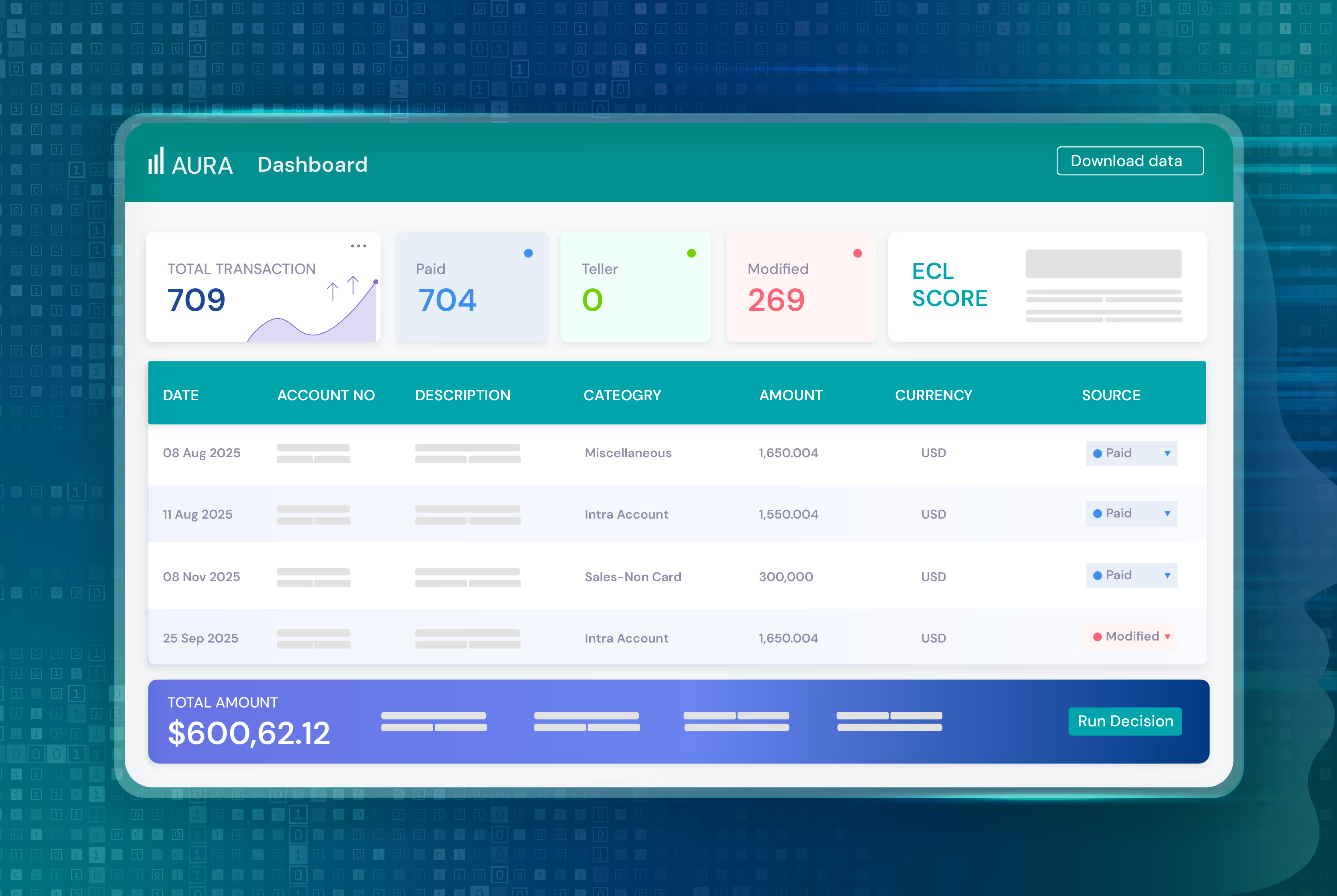The 5 Best Ways for Founders to Leverage Revenue-Based Financing

2 mins
Originally published for 0&20, a series of Last Money In
Revenue-Based Financing (RBF) allows SaaS founders to convert their recurring revenue into upfront cash. This new funding channel is growing rapidly in popularity, at 60% YoY. Why are SaaS founders choosing Revenue based Financing - and what are they using it for?
1. Retain your equity
Many founders, particularly those who bootstrap their businesses, want to maintain full ownership. Nevertheless, they still need capital to expand their business. RBF offers an attractive option - founders can secure 100% non-dilutive upfront funds.
2. Flexible growth capital
Many startups plan their finances on an 18-24 month basis. This leaves little room for unexpected growth opportunities - when they arise. RBF can be accessed within as little as 3 days from application. We see fast-growing customers use it to turbocharge their revenue growth. They typically allocate the capital to marketing, sales and new product development.
3. Extend runway to next raise
Global venture capital dollars dropped 48% in H1 2023. During this VC funding winter, many startups have been looking for alternative sources of capital. Other startups are aiming to delay their next round 3-6 months, in the hopes of waiting to hit their next major milestone or perhaps to avoid a down round. RBF gives founders more flexibility to time their VC raises, and to obtain more favorable terms.
4. Enter a new market
The US and Europe are major sources of revenue for SaaS companies around the globe. Entering a new market can greatly improve a SaaS company’s prospects. However, entering a new market involves upfront expenses such as licences, marketing and product localization. Revenue from these new markets takes time to materialize. This creates a timing issue. When startups need an infusion of cash upfront - RBF is a solution.
5. Save money and time
In this economic climate, venture debt and bank credit have gotten more expensive. Accessing these funding sources, or venture capital takes time too - 3-6 months or more. Founders who want to focus more time and dollars into reinvesting in their company are turning to RBF. Revenue-Based Financing can be accessed quickly and typically offers a lower fee than alternatives.



